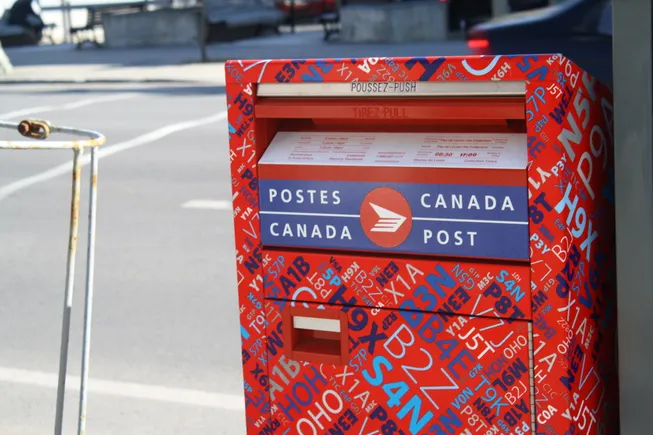
This sound is produced automatically. Please let us know if you have feedback.
Dive brief:
- The Canada Post believes that the “significant” divide remains in the negotiations between the Canadian Post Workers’ Union, the government said on Wednesday.
- The two sides returned to the bargaining desk after the CUPW agents voted for the contract offers from Canada. The telecommunications company, after reciprocity, calls on CUPW “to re -examine its suggestions to coordinate the facts of the company.”
- “Unfortunately, CUPW has maintained or made its position in many cases and has added new demands, and the gap between the parties is still remarkable,” the Canada Post said. “Several proposals increase the operating costs of the company.”
Dive insight:
Increasing wages and weekend delivery operations remain important points in the long -term contract negotiations between Canada Post and CUPW. Uncertainty, along with the union’s overtime ban, which existed on May 23, replaces shipping to use packages of package delivery.
CUPW aims to increase the payment of 19 % over four years, over 13.59 % of Canada’s bumps in their “final offers” that the employees eventually voted for. In the case of weekend delivery, the airline wanted to create new groups of part -time employees to handle this volume. The Union offers restrictions on how many part -time workers can participate in the process.
“While the union’s proposals include some part -time staff components to handle weekend delivery, the CUPW’s proposed approach to controlling uncontrollable, problematic and complex management is problematic, Canada Post said.
John Simpson, President of CUPW, said last week that the union’s proposals “make the progress of post workers in their collective agreements.”
Since the disputes between the two sides continue, Canada is trying to maintain closed carriers. The volume of the package decreased by 36.5 % compared to the year in the second trimester, while the closed revenue saw a similar decline of 36.7 % YOY.
Canada Post said transportation in its Q2 report has reduced the volume to “other carriers with better competitive stability and suggestions.” FedEx, UPS and Purolator are options that jobs have used to ensure that labor confusion does not delay delivery to their customers.
Whether Canada Posts can attract diverted packages to its network after achieving new work agreements.
“These volumes are difficult to win because these delivery providers have more flexibility and competitive suggestions,” Canada Post said.
